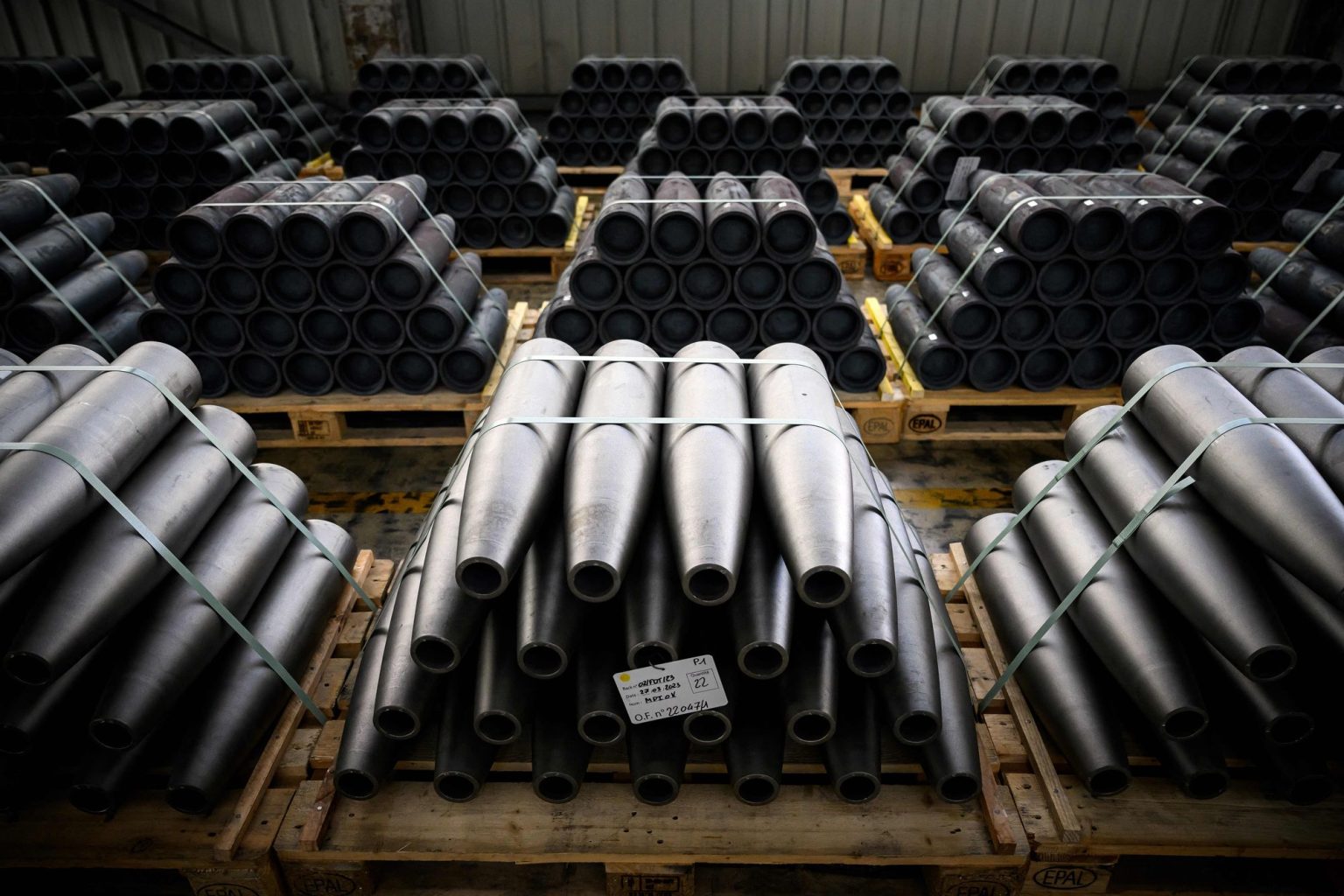Slovak citizens rallied together to raise over 2.6 million euros for the Czech ammunition initiative for Ukraine, after the Slovak government declined to participate. The campaign, known as “Ammunition for Ukraine,” aimed to provide additional funds for the purchase of 155 mm and 122 mm shells to aid Ukrainian forces facing a critical ammunition shortage. With Russia firing shells at a ratio of 10:1, President Volodymyr Zelensky highlighted the urgent need for support. In addition to Slovakia, countries like Belgium, the Netherlands, Germany, and Poland also contributed funds to the initiative, showing international solidarity with Ukraine. The campaign was supported by nearly 40,000 Slovak individuals, with donations averaging 64 euros each. The initiative sought to challenge the government’s foreign policy orientation towards Russia, with many Slovaks expressing disapproval of this stance.
The refusal of Slovakia and Hungary to join the ammunition initiative for Ukraine reflected differing perspectives on the conflict. While Slovakia’s Foreign Minister cited a lack of military solution as the reason for nonparticipation, Hungarian Foreign Minister Peter Szijjarto maintained close ties with the Kremlin, aligning Hungary with Russia. In contrast, Czech Prime Minister Petr Fiala reported progress in the initiative, with the first 180,000 ammunition rounds already contracted and set to be delivered to Ukraine. The initiative, led by the Czech government, aimed to secure a total of 1.5 million rounds, with the possibility of delivery beginning as early as June. This demonstrates a proactive approach by the Czech Republic to support Ukraine in its defense against Russian aggression, despite the reluctance of neighboring countries to provide military assistance.
The involvement of activists and public support in Slovakia reflected a broader sentiment of solidarity with Ukraine and disapproval of the government’s stance on the conflict. The campaign “Ammunition for Ukraine” highlighted the willingness of Slovak citizens to take action and contribute to the defense of Ukraine, showcasing a unified front against Russian aggression. The initiative, spearheaded by a 99-year-old Holocaust survivor and journalist, Otto Simko, exemplified the determination of individuals to support a just cause and help Ukraine in its time of need. With nearly 40,000 Slovaks participating in the crowdfunding campaign, the success of the initiative underscored the grassroots support for Ukraine and the rejection of the government’s foreign policy decisions. The campaign also aimed to send a message to the government about the public’s dissatisfaction with its alignment towards Russia.
The Czech-led ammunition initiative for Ukraine served as a beacon of hope for the embattled country, providing concrete support in the form of artillery shells crucial for Ukrainian forces. The identification and purchase of 500,000 155 mm shells and 300,000 122 mm shells outside of Europe demonstrated a strategic approach to addressing Ukraine’s urgent needs amid ongoing conflict. The initiative’s progress, including the contracting of the first batch of ammunition rounds, signaled a commitment to delivering tangible assistance to Ukraine’s defense forces. With the Czech government actively leading the initiative and securing contributions from other countries, including neighboring nations, a unified front in support of Ukraine’s sovereignty and security emerged. The initiative showcased international cooperation in response to Russian aggression and underscored the importance of solidarity in times of crisis.
In the face of escalating tensions and ongoing conflict, the support for independent journalism in Ukraine was underscored as crucial in highlighting the realities of the situation and providing accurate information to the public. Joining the fight for independent journalism in Ukraine was seen as a vital way to ensure that the voices of those affected by the conflict were heard and that transparency and truth prevailed in the midst of propaganda and disinformation. With the media playing a crucial role in shaping public opinion and informing decision-making, supporting independent journalism in Ukraine was emphasized as a means to uphold democratic values, promote accountability, and stand against attempts to manipulate narratives. By standing in solidarity with Ukrainian journalists and media outlets, individuals could contribute to the broader efforts to counter misinformation and promote the truth in the face of conflict, ensuring that Ukraine’s story was accurately represented and that the voices of its people were amplified.


